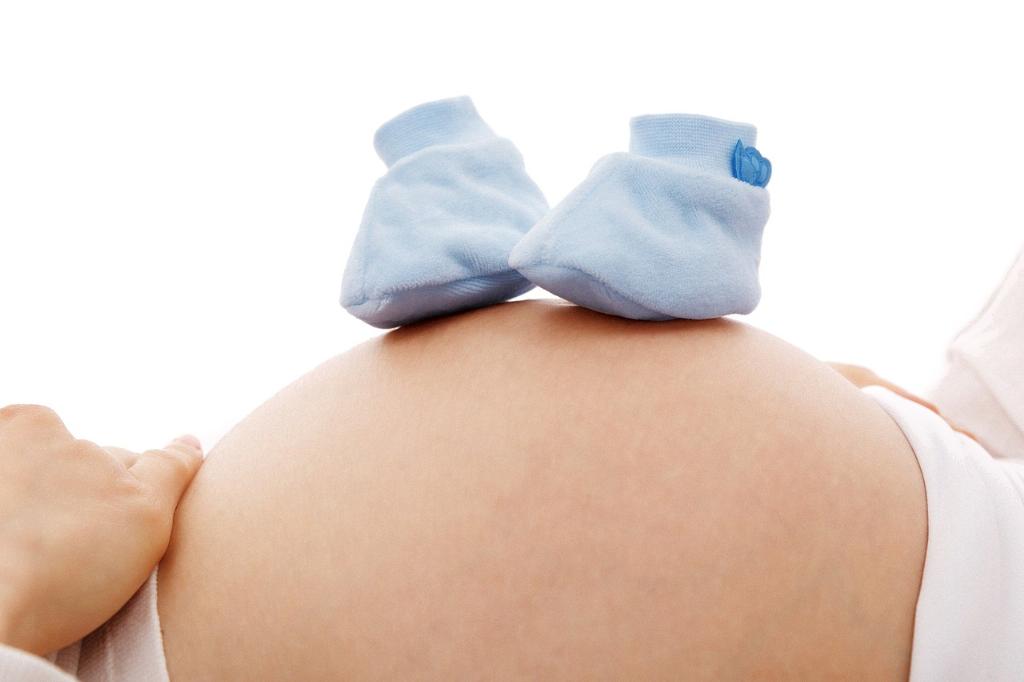During pregnancy, it is crucial to prioritize the safety and well-being of both yourself and your growing baby. One area of concern for many expectant mothers is whether or not it is safe to continue doing ab workouts throughout their pregnancy. While staying physically active is generally recommended during pregnancy, there are specific considerations to keep in mind when it comes to abdominal exercises.
According to ACE-certified fitness trainer Caitlin Sacasas, it is generally advised to avoid traditional ab exercises such as sit-ups or crunches after the first trimester or once you start to experience noticeable uterine growth. The reason for this precaution is that these exercises can put excess strain on the abdominal muscles and the connective tissues of the abdomen, which may not be ideal during pregnancy.
As your pregnancy progresses, your body undergoes significant changes to accommodate the growing baby. The hormone relaxin is released, which loosens the ligaments and joints in preparation for childbirth. This increased flexibility can make it easier to overstretch or strain the abdominal muscles while performing traditional ab exercises, potentially leading to discomfort or injury.
Instead of focusing on traditional ab workouts, it is recommended to shift your focus to exercises that strengthen the core muscles in a more gentle and controlled manner. Pilates, prenatal yoga, and modified plank exercises are excellent alternatives that can help maintain core strength without putting undue stress on the abdomen.
Listen to your body throughout your pregnancy and pay attention to any discomfort or strain you may feel while exercising. If you experience any pain, dizziness, or other concerning symptoms during a workout, it is important to stop immediately and consult with your healthcare provider.
Every pregnancy is unique, and what may be suitable for one expectant mother may not be recommended for another. It is crucial to discuss your exercise routine with your healthcare provider to ensure that you are engaging in activities that are safe and appropriate for your individual situation.
Staying active during pregnancy can have numerous benefits for both you and your baby, including improved circulation, reduced risk of gestational diabetes, and enhanced overall well-being. Engaging in regular physical activity can also help prepare your body for labor and delivery, making it easier to bounce back postpartum.
Remember that pregnancy is a temporary phase in your life, and it is important to prioritize the health and safety of yourself and your baby above all else. While it may be challenging to modify your exercise routine during this time, making these adjustments can help ensure a healthy and smooth pregnancy journey.
In conclusion, while traditional ab workouts should generally be avoided after the first trimester or noticeable uterine growth, there are plenty of safe and effective alternatives to help maintain core strength during pregnancy. Consult with your healthcare provider, listen to your body, and make modifications as needed to ensure a healthy and active pregnancy.

